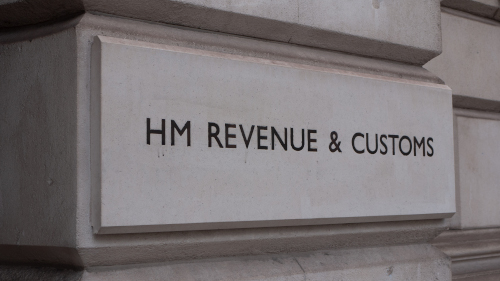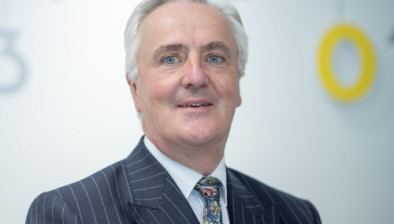HMRC restarts programme to recover debts straight from bank accounts

HM Revenue & Customs (HMRC) has restarted its controversial Direct Recovery of Debts (DRD) programme, which allows it to take money directly from the bank accounts of certain debtors.
The policy, which was paused during the pandemic, has resumed in a “test and learn” phase.
The scheme targets individuals and businesses with tax debts of £1,000 or more who, according to HMRC, can afford to pay but are deliberately choosing not to.
Under the DRD powers, HMRC can order banks and building societies to transfer funds from a debtor’s accounts, including cash ISAs. However, significant safeguards are in place to prevent hardship. A minimum of £5,000 must be left across the debtor’s accounts to ensure money needed for essential expenses like wages or mortgages is protected.
This action is considered a last resort, used only after a debt has been firmly established, appeal deadlines have passed, and the debtor has repeatedly ignored HMRC’s attempts to make contact. Anyone who disputes the amount owed retains an automatic right to appeal.
Dawn Register, a tax dispute resolution partner at BDO, noted that the move reflects increasing pressure on public finances. “HMRC needs to strike the right balance between supporting businesses and individuals in genuine financial difficulty, while being assertive with those who can afford to pay but choose not to,” she said.
Ms Register advised anyone struggling financially to proactively contact HMRC to explore “Time to Pay” options, which allow for payments in instalments.







